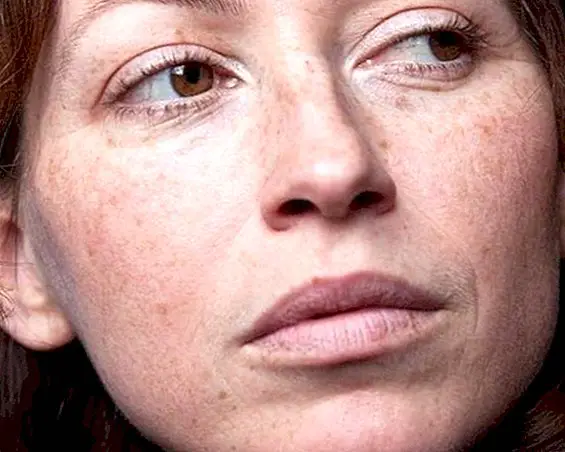Useful tips to cure insomnia
Insomnia is known as the difficulty in initiating or maintaining sleep optimally in an individual. Diagnostic and present at any age, derives from different causes such as: having work, economic or family stress situations or a bad resting environment.
But other causes also influence: the consumption of substances that alter the nervous system such as alcohol, snuff, alcoholic beverages or because of different types of drugs, by some abstinence in particular from an addictive substance or by the side effect of some medication prescribed or produced by excessive anxiety.

The insomnia can be detrimental to an individual's physical and mental health, and this can also affect their daily life, whether on a personal or work level, since the most common consequences for this type of disorder are: the difficulty of concentration and memorization of the individual, conflicts caused by lack of rest (which entails little capacity for tolerance towards other people), constant tiredness and / or depression.
Types of insomnia
The most known types of insomnia are:
- Primary insomnia: The person has difficulty sleeping, but has no association to a diagnosable disease.
- Secondary insomnia: Insomnia is caused by different causes, which may be due to a disease, the consumption of some substance or drug influencing the nervous system.
- Transient insomnia: It is insomnia that lasts a short time, it only lasts for a few weeks.
- Intermittent insomnia: When the insomnia is not constant, it does appear in some periods in the life of the individual.
- Short-term insomnia: of an extension of 1 to 2 months.
- Chronic insomnia: when it lasts more than 3 months.
Different types of medications are effective in treating the symptoms of insomnia; however, doctors do not recommend prolonged use of sleeping pills because they can cause dependence and can cause side effects.
How to treat and cure insomnia naturally
It is important to have a diagnosis that identifies the physical and psychological reasons that cause insomnia in an individual before treatment with medications to treat this disorder.

These treatments can be the following:
- Consume more magnesium: Studies have shown that optimal levels of magnesium in the body facilitate the ability of individuals to sleep.
- Give up smoking: As stated earlier, nicotine is a stimulant of the nervous system; Smoking should be avoided at close hours of rest.
- Do not consume caffeine during night hours: Caffeine is also a stimulant of the nervous system, and should be avoided four to six hours before bedtime, since during that time the presence of this substance in the blood remains.
- Set a constant sleep schedule: Studies have shown that in individuals without a constant sleep schedule appears more likely to develop sleep difficulties.
- Avoid sleeping with hunger or needs: Sleeping with hunger is harmful to health. A light meal can make sleeping easier, although overeating just before resting can be detrimental to the health and rest of the individual.
- Take relaxing infusions before sleeping: Ingesting a herbal tea before bedtime can help you rest at night.
- Exercise: Exercising can promote a deeper and pleasurable sleep at bedtime, but should be done at 4 hours before bedtime, as the nervous system of the body would be active producing problems to be able to have an optimal sleep. The best time to do exercises that promote sleep would be between 4 and 6 in the afternoon, right after a long day.

The TCC
The CBT-cognitive behavioral therapy: is a method in psychotherapy that is based on identifying and replacing thoughts that cause or worsen the insomnia of an individual, by others that promote the optimal sleep of it. It has proven to be a totally efficient method, being free of medication of any kind, thus preventing the symptoms from being suppressed if not treated. This treatment is a good option if you do not want to develop a dependence on medications or if they have not been effective. This article is published for informational purposes only. It can not and should not replace the consultation with a Physician. We advise you to consult your Trusted Doctor.


